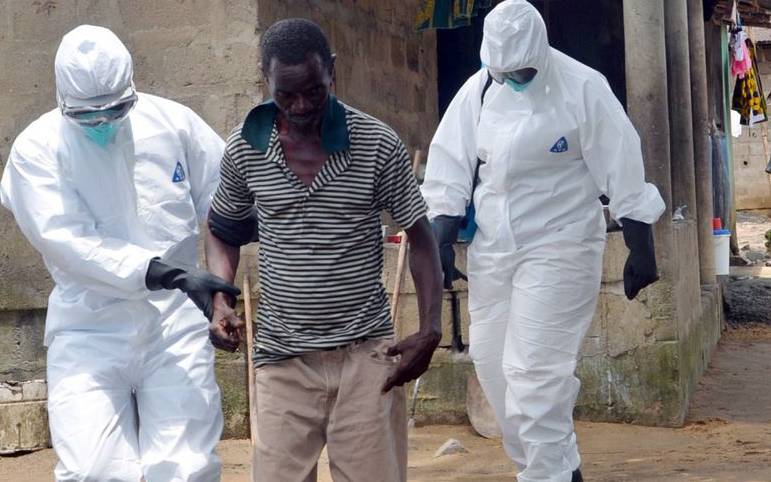×
The Standard e-Paper
Home To Bold Columnists

Ebola Virus Disease (EVD) formerly known as Ebola Haemorrhagic fever is a dreaded disease. It seems rare but very fatal when contracted. According to the World Health Organization, EVD has one of the highest fatality rates.
“The average EVD case fatality rate is around 50%. Case fatality rates have varied from 25% to 90% in past outbreaks,” WHO notes on its website.







